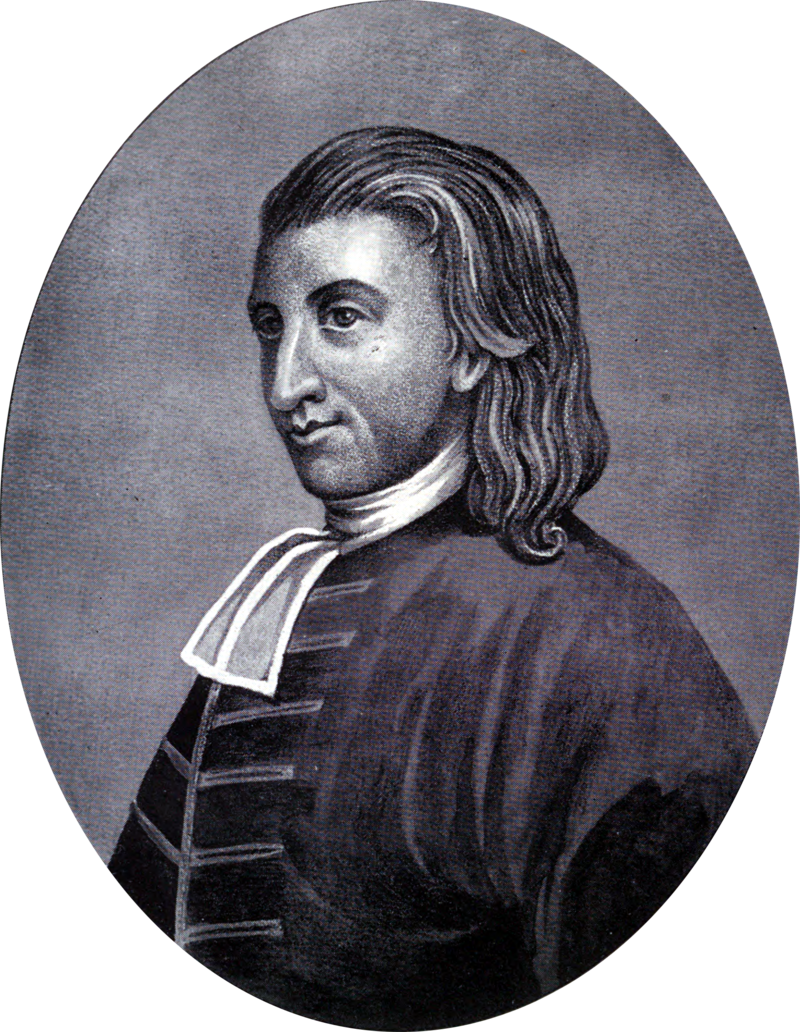This article shows that many early Calvinists did not teach Lordship salvation. Though the majority of people mentioned here cannot be called Free Grace either, they show points of agreement. Many early Calvinists believed that though repentance was a turning from sin, it is not a pre-condition of salvation, while McArthur holds it to be a pre-condition of justification.
John Calvin 1509 – 1564
John Calvin was the first Calvinist and basically the founder of the movement, however John Calvin denied that turning from sin is a necessary pre-requisite of salvation. Though John Calvin defined repentance as an "inner turning from sin", he denied it to be a condition of receiving eternal life.
To salvation Paul seems to make repentance the ground of salvation. Were it so, it would follow, that we are justified by works. I answer, that we must observe what Paul here treats of, for he is not inquiring as to the ground of salvation, but simply commending repentance from the fruit which it produces
- John Calvin, commentary on 2 Corinthians 7:10
Calvin also said this in his institutes:
There are some, however, who suppose that repentance precedes faith, rather than flows from it, or is produced by it as fruit from a tree. Such persons have never known the power of repentance, and are moved to feel this way by an unduly slight argument.
Calvin's position is not Free Grace, however it contains similarities with Free Grace theologians. Calvin taught that turning from sin is a result of being saved. This is similar to the view of Zane Hodges who taught repentance (him defining it as an inner turning from sin) usually comes after salvation. Though there exists a real difference in these positions, Calvin taught repentance to always follow from faith, while Zane said it may follow from faith. Most Free Grace theologians define repentance as a change of mind, however what brings Calvin close to the Free Grace view, is that he taught mere faith is sufficient to be saved, and that repentance is a good work that is not a pre-requisite of salvation. Though most Free Grace theologians do not believe that every believer will as a result of faith in sorrow turn internally from their sin, unlike Calvin did.
John Calvin also attacked any doctrine which would undermine assurance by putting the focus on the individual instead of Christ:
we do not thus accept that most pestilent philosophy which certain half-papists are furtively beginning to fashion today. For because they cannot defend that rude doubt which has been handed down in the schools, they take refuge in another fiction: that they may make an assurance mingled with unbelief. Whenever we look upon Christ, they confess that we find full occasion for good hope in him. But because we are always unworthy of all those benefits which are offered to us in Christ, they would have us waver and hesitate at the sight of our unworthiness (Institutes 3.2.24)
Thomas Boston 1676 – 1732
Boston similarly denied that repentance from sin is a pre-condition of eternal life, arguing that it cannot be necessary for receiving Christ but following out of being in Christ.
 |
| Thomas Boston |
Though the patrons of the doctrine of the necessity of repentance in order to the obtaining of the pardon of sin, do not aim at any encroachment on the doctrine of free pardon; yet, with all deference to those learned men, I conceive, that such doctrine is injurious to the grace of God, and doth much darken the free pardon offered in the gospel, in regard the pardon is promised immediately to those that believe, Acts 10:43. “Through his name, whosoever believeth in him, shall receive remission of sins.” But they require, that believers bring something with them, if they would obtain it, even that they bring repentance along with them. THOMAS BOSTON, The Whole Works of Thomas Boston: Sermons and Discourses on Several Important Subjects in Divinity
John Colquhoun (1748-1827)
John Colquhuon also defined repentance as an inner turning from sin (in contrast to most Free Grace theologians who view it as a change of mind), however John denied it as a condition of being justified.
How then can his repentance atone for his iniquities, or entitle him to the favour of God and to the happiness of heaven? How can that evangelical repentance, which he is incapable of exercising till after his sins be all forgiven on the ground of an infinite atonement imputed to him, make atonement for them? How can that true repentance, which he cannot exercise until in justification he be already entitled to eternal life, entitle him to eternal life? Does not the consummate righteousness of Jesus Christ, imputed for justification, entitle the believer fully to it? What need is there, then, that his repentance should entitle him? John Colquhoun, Evangelical Repentance
Others
Auchterarder creed (1717ad): It is not sound and orthodox to teach that we must forsake sin in order to our coming to Christ
John Cotton (1585 – 1652): Trulie it is hard to perceive [between a temporary believer and a true believer] when men differ, and therefore it is not an easie matter to make such use of sanctification, as by it to beare witnesse unto justification




No comments:
Post a Comment